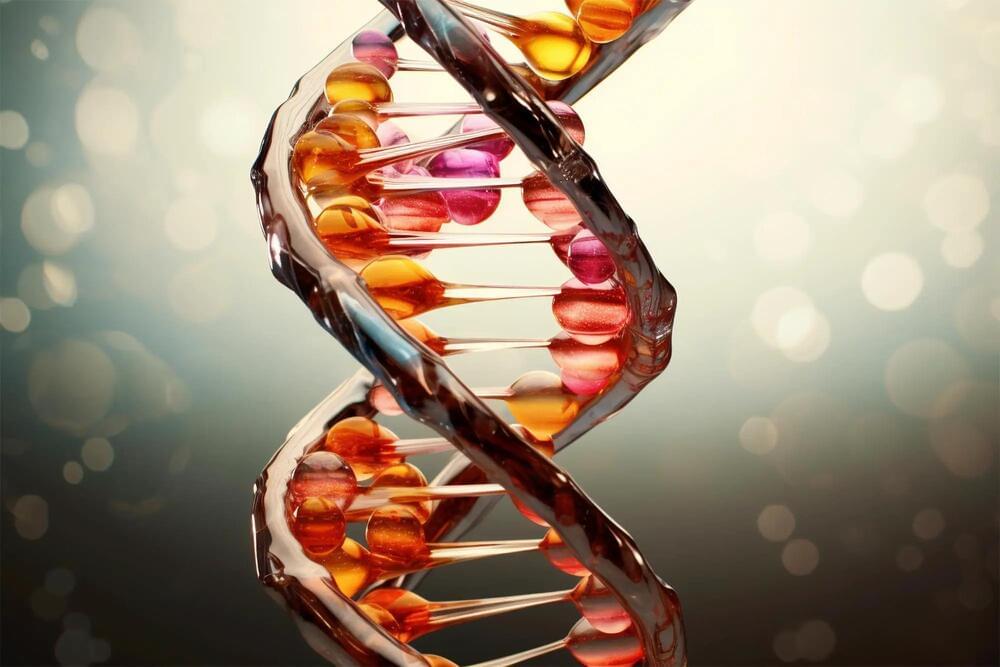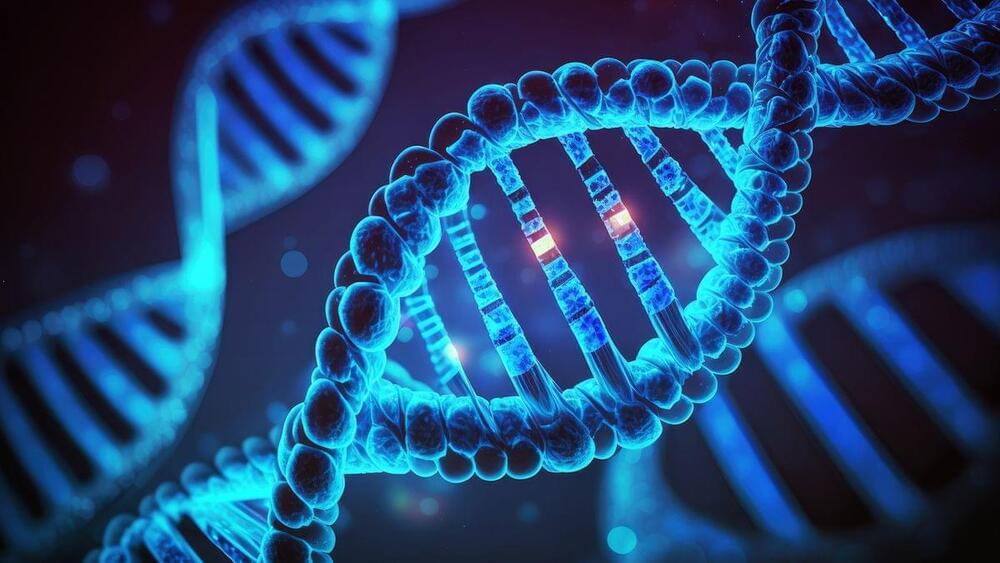I dont really care where it comes from but we need Crispr tec to be where any alteration we do want causes Zero un intended alterations any where else 100% of the time, aim for by 2030–2035 window.
A diverse set of species, from snails to algae to amoebas, make programmable DNA-cutting enzymes called Fanzors—and a new study from scientists at MIT’s McGovern Institute for Brain Research has identified thousands of them. Fanzors are RNA-guided enzymes that can be programmed to cut DNA at specific sites, much like the bacterial enzymes that power the widely used gene-editing system known as CRISPR. The newly recognized diversity of natural Fanzor enzymes, reported Sept. 27 in the journal Science Advances, gives scientists an extensive set of programmable enzymes that might be adapted into new tools for research or medicine.
“RNA-guided biology is what lets you make programmable tools that are really easy to use. So the more we can find, the better,” says McGovern Fellow Omar Abudayyeh, who led the research with McGovern Fellow Jonathan Gootenberg.
CRISPR, an ancient bacterial defense system, has made it clear how useful RNA-guided enzymes can be when they are adapted for use in the lab. CRISPR-based genome editing tools developed by MIT professor and McGovern investigator Feng Zhang, Abudayyeh, Gootenberg, and others have changed the way scientists modify DNA, accelerating research and enabling the development of many experimental gene therapies.






